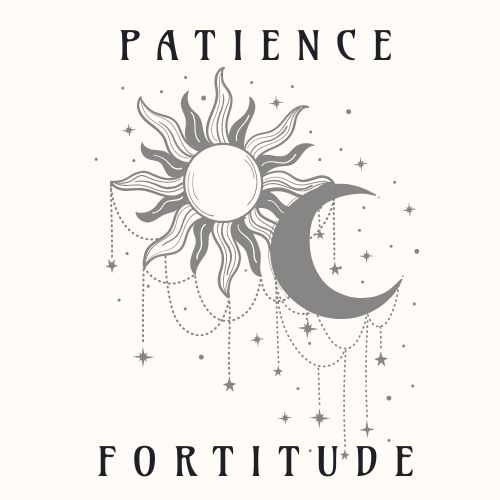Authoria: This is part one of the first chapter, “Circumstances”, in which I give some background on my story and what happened with my parents. I discuss in graphic detail their illnesses and deaths, so heed that warning.
~~~~~~~~~~~
Circumstances, part 1:
I often relive moments of destruction. I cannot call them moments of fear or sadness or even grief, which as words fail to convey the feeling of being emotionally shattered. Destruction, on the other hand, is perfect. It beats you down for no reason and makes your heart thump wildly and painfully while you try to breathe.
The first moment I replay is the phone call from my father that I got in early 1993. I graduated college less than a year before, and for all intents and purposes I was taking a “gap year” before going to graduate school. I had my GREs under my belt and my letters of recommendations lined up, and a few nebulous ideas about what I wanted to do for a career. I was not really committed, it was pretty obvious even to me, so I was living in Sarasota, FL, working shitty secretarial jobs while hoping that inspiration would strike.
What struck, instead, was colon-rectal cancer. My mother had been very sick for months, and uncharacteristically did not tell me about it. On the other hand, she very characteristically decided not to see a doctor until it was too the point of my father driving her to the emergency room while she was bleeding out and delirious in pain. I knew nothing of this until I got the call from my father, a message he left on my answering machine that afternoon. I remember this moment of destruction clearly because it was like watching a car plow into a crowd of pedestrians: you know it is going to be horrible, and that there is absolutely nothing you can do to stop it.
My father was a retired military officer and so made it a point not to use the phone after 30+ years of constantly being “on call.” He hated phones, and while he would agree talk to me on the phone, he never, ever initiated a call for any reason. I think that call might have been the first and last time my father ever dialed me directly. It was Mother’s job to call, and the fact that it was Poppa’s voice on the phone was a dead give away that something was wrong, terribly awfully tragically wrong and I knew it the moment I heard him on the answering machine.
He did not really say much other than, “Hey honey, hope you are doing okay. Things got interesting here, call home.” I remember it almost verbatim, 16 years later.
I called, of course, and neither of us bothered with pleasantries. We both knew the universe had tipped sideways. Poppa filled me in quickly that Mother was at the hospital, that she had been in pain for a while, and that the doctors were holding her for tests. (To this day I do not know what tests were run, or how they stopped the immediate problem of bleeding; I still have the hospital paperwork, so I could find out any time I want, but I prefer to hold those dark days in a blur of indistinct memories as much as I can). I told him I was on the way and hung up. I am sure I asked friends to watch my cats and called my job supervisor at her home about being MIA for the rest of the week (I did not know I was already on the list to be fired within a month, but it was just as well, as I knew I was going to have to move home to take care of Mother. There was no question in my mind about it). What I do not remember clearly is the time between hanging up on Poppa and walking into Mother’s hospital room the following day.
As moments of destruction go, that one was pretty complete. I knew instinctively everything had changed, and I suspect everyone comes up against that terrible awareness at the point when they least expect it. The insight did not hit when mother died, or father died, or when I gave up the house; it hit years before, during that one incredibly short and unforeseen phone call.
The resulting three years was, in many ways, more about caretaking, which is a different story altogether. I do not want to delve too deeply into it because this story is about grief, and while taking care of people you love who are dying is to live in “suspended mourning” for long and exhausting periods of time, it is not the same experience as surviving the death of a loved one. Honestly they were about equally traumatic in my case, but still, they were and are different experiences.
The death of my mother was slow and protracted and agonizing, literally. She was in pain all the time and I was helpless in the face of her pain and her death. I did everything I could, despite her basic refusal to consciously accept the fact she was dying while at the same time crumbling under the weight of the knowledge. For her, the future simply stopped existing, good or bad. For us as a family it was a blood bath of medicine, surgery, and treatments, and in the end just getting her off life support was a goddamn fight in the hospital hallways, which as a metaphor stands pretty well for the whole experience start to finish. She had her own triumph in the fact that they gave her three months to live and she survived for 13, but nonetheless she died on September 15, 1994, one month after her 52nd birthday.
I was one month into being 24 years old.
[TBC]
#
